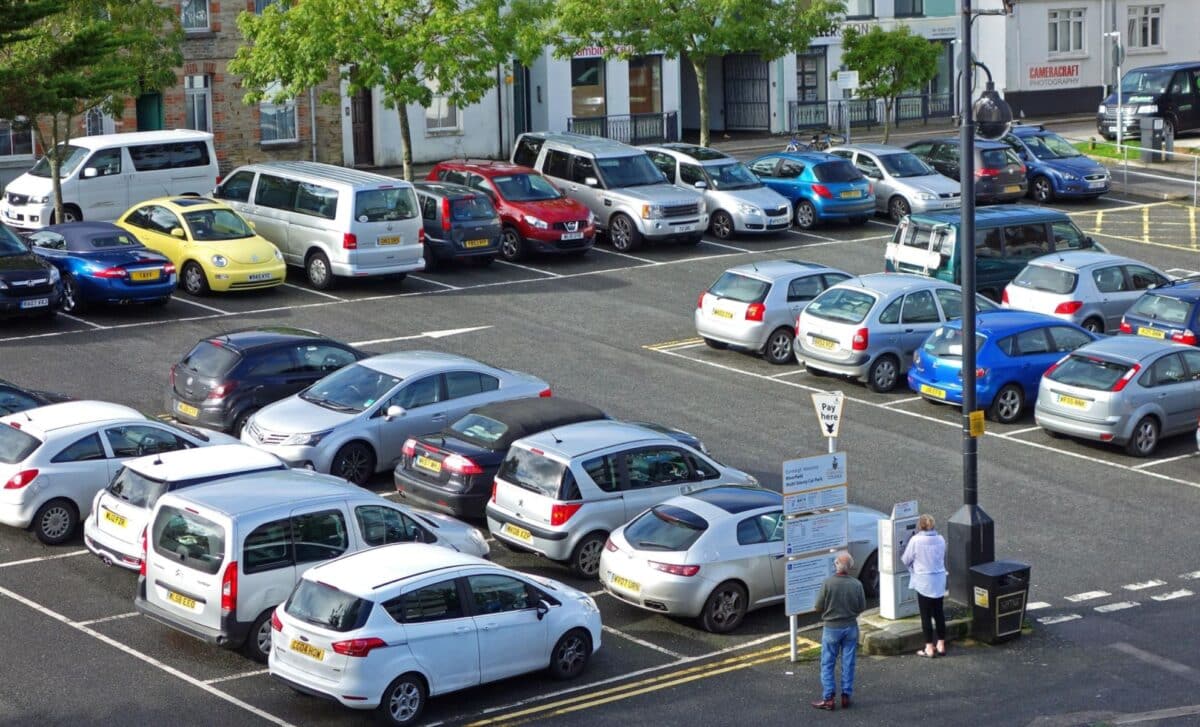New regulations introduced on 17 February have changed the way UK motorists pay for parking in private car parks monitored by ANPR or CCTV cameras. The move follows reports of drivers being fined excessive amounts for exceeding a five-minute payment window, with one motorist receiving a £1,906 fine.
The new rules aim to provide greater fairness and transparency in private parking enforcement. Drivers will no longer face charges for minor delays in payment, as long as they pay for their full stay before leaving. However, underpayments will still result in penalties, raising concerns among industry experts about the continued financial burden on motorists.
A Response to Unfair Fines in Private Car Parks
The decision to revise parking regulations follows an investigation into private parking firms that found motorists were being charged high fees for taking longer than five minutes to pay. Under the new rules, drivers will only be fined if they fail to cover their entire parking duration, calculated from the moment they enter the car park, according to Birmingham Live.
This change is particularly significant given past cases of excessive fines. According to Rhydian Jones, car insurance expert at Confused.com, some drivers have received penalties as high as £2,000 for minor miscalculations in their payments.
The updated system aims to introduce more flexibility and fairness, ensuring that motorists are not unfairly penalised for unavoidable delays.
Andrew Pester, Chief Executive of the British Parking Association, welcomed the reforms, stating that they reflect a commitment to ensuring parking is “fairly managed for all “. However, concerns remain about the lack of an independent appeals process, with industry experts warning that the self-regulated nature of these changes may limit their effectiveness.
Calls for Government-Backed Reforms Continue
Despite the new measures, some motoring groups remain sceptical about their long-term impact. Simon Williams, head of policy at the RAC, criticised the changes as “an attempt for the private parking industry to look fair”, rather than a fundamental solution to the problem of excessive penalties.
Jack Cousens, head of roads policy at the AA, echoed these concerns, stating that while the reforms are a step in the right direction, they highlight the need for a statutory code of practice and an independent appeals system.
He warned that without government-backed oversight, private parking operators could continue to impose unjustified penalties, leaving drivers vulnerable to aggressive enforcement tactics.
Until a formal government framework is introduced, drivers are advised to remain cautious and carefully check parking signs and payment requirements to avoid potential fines.









